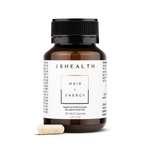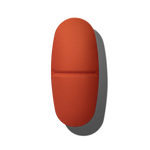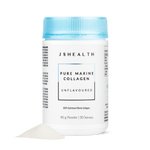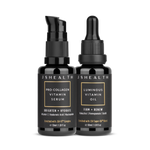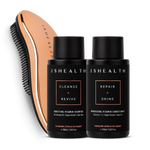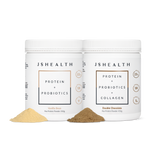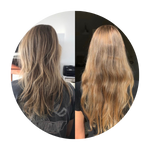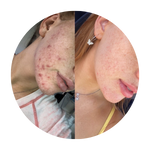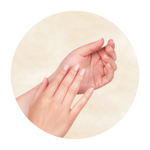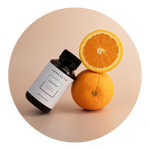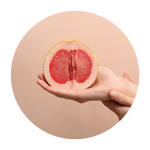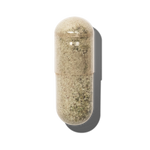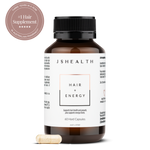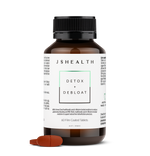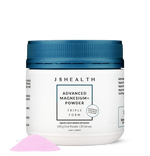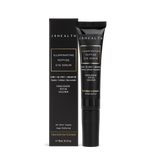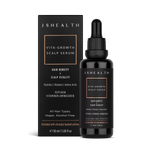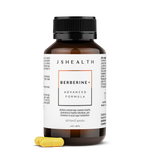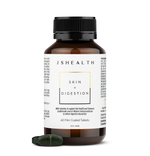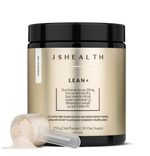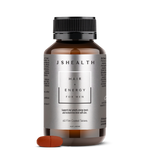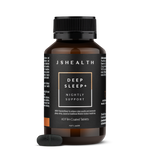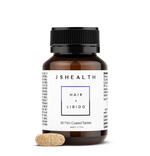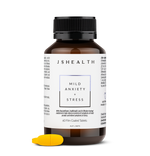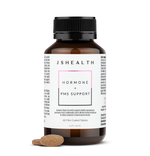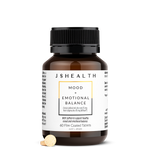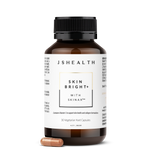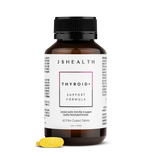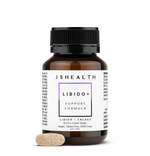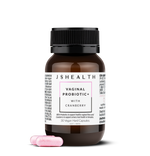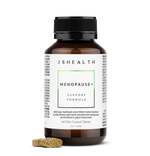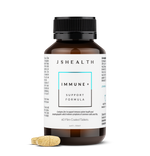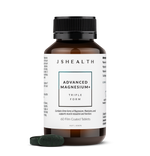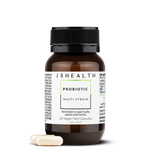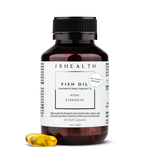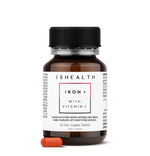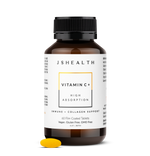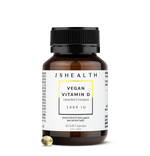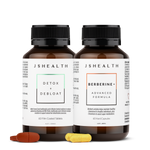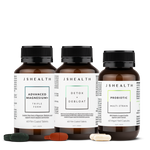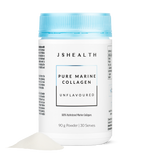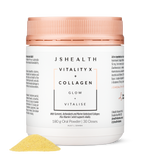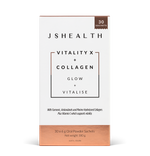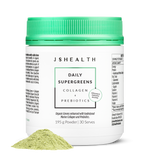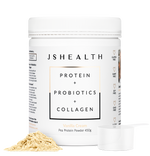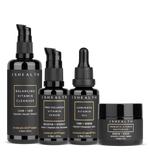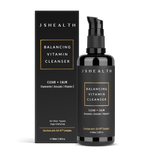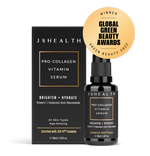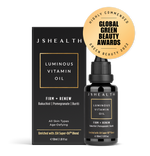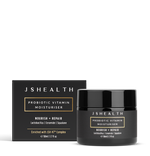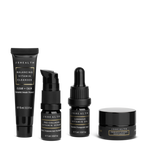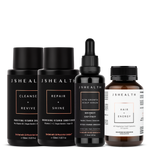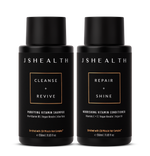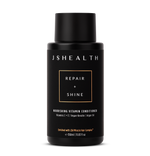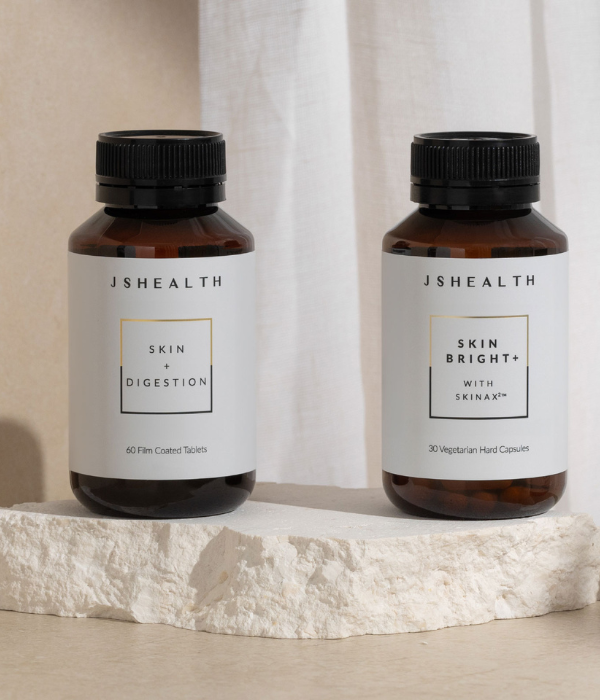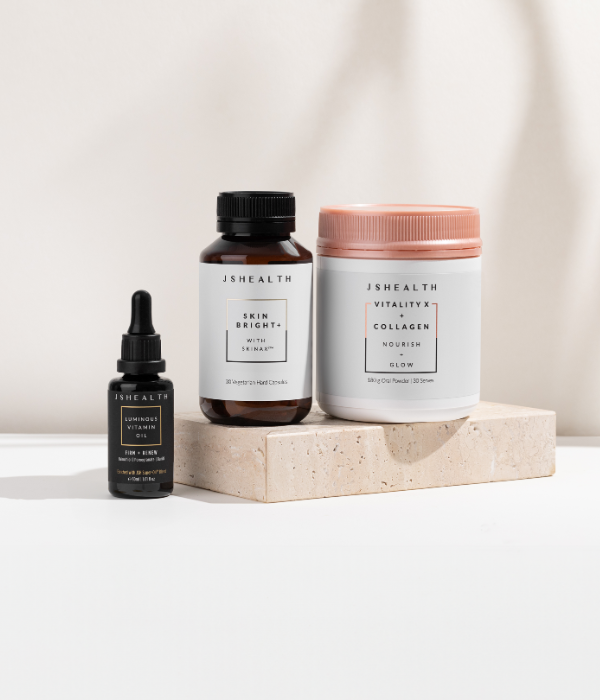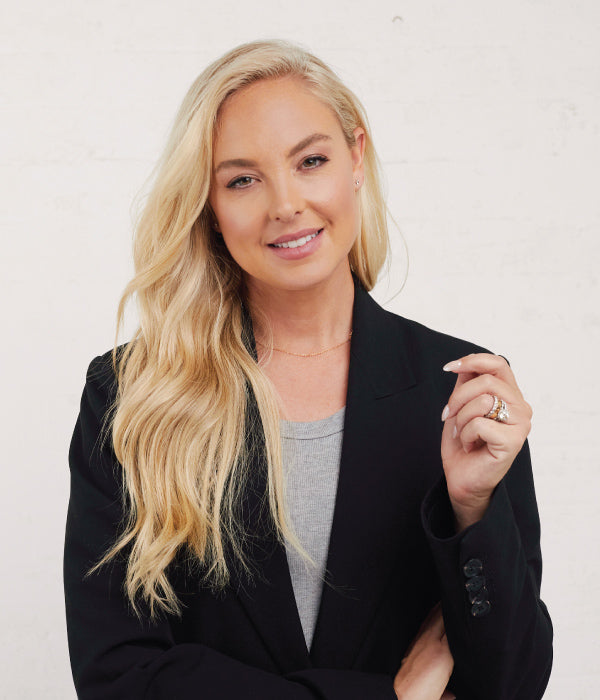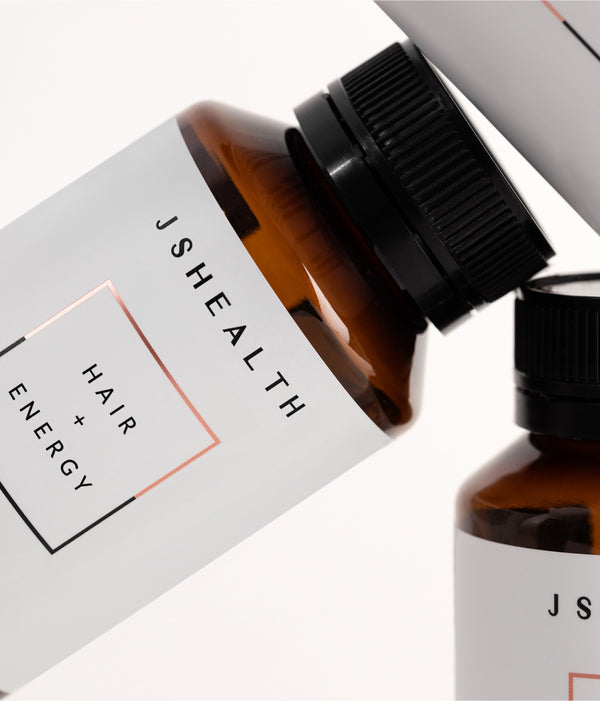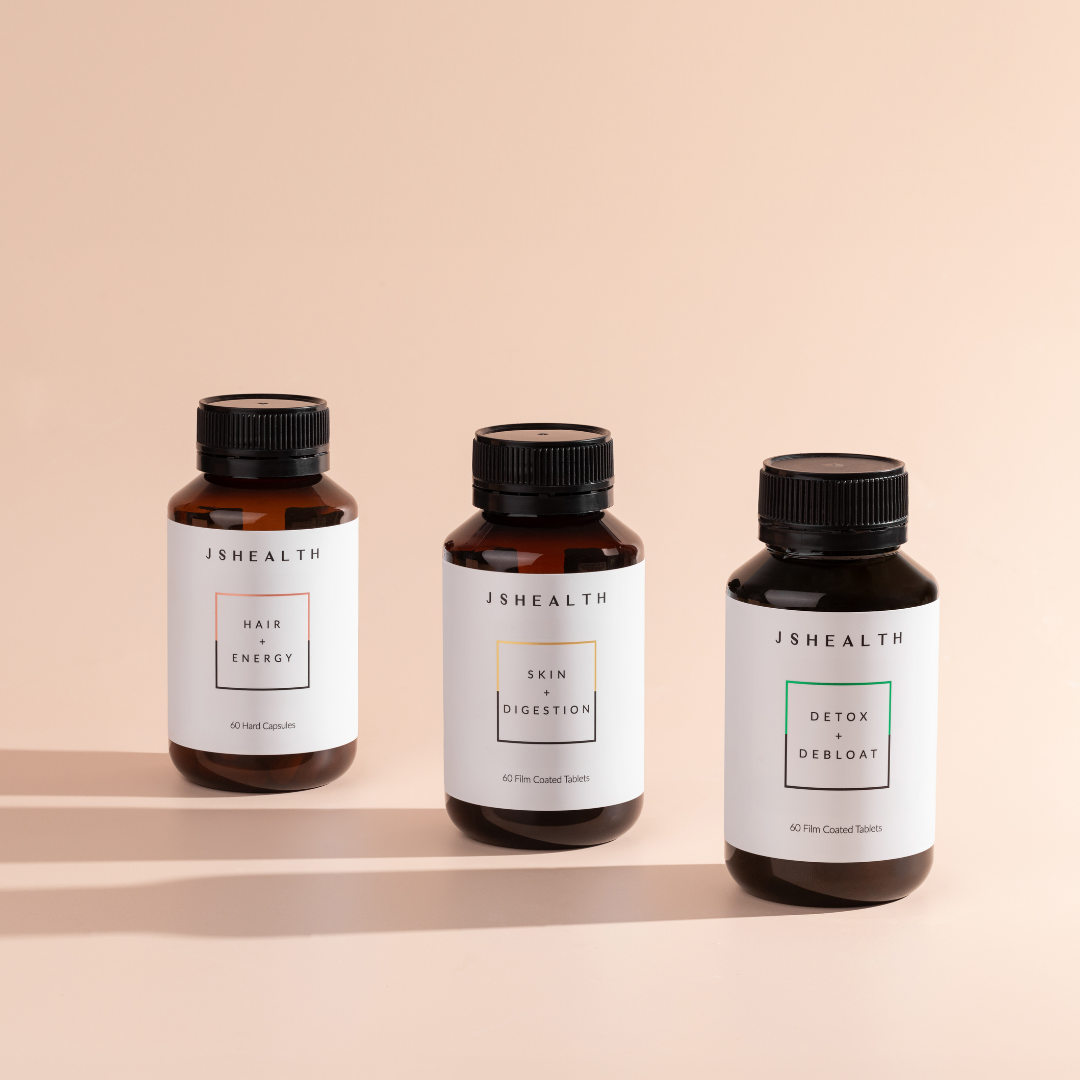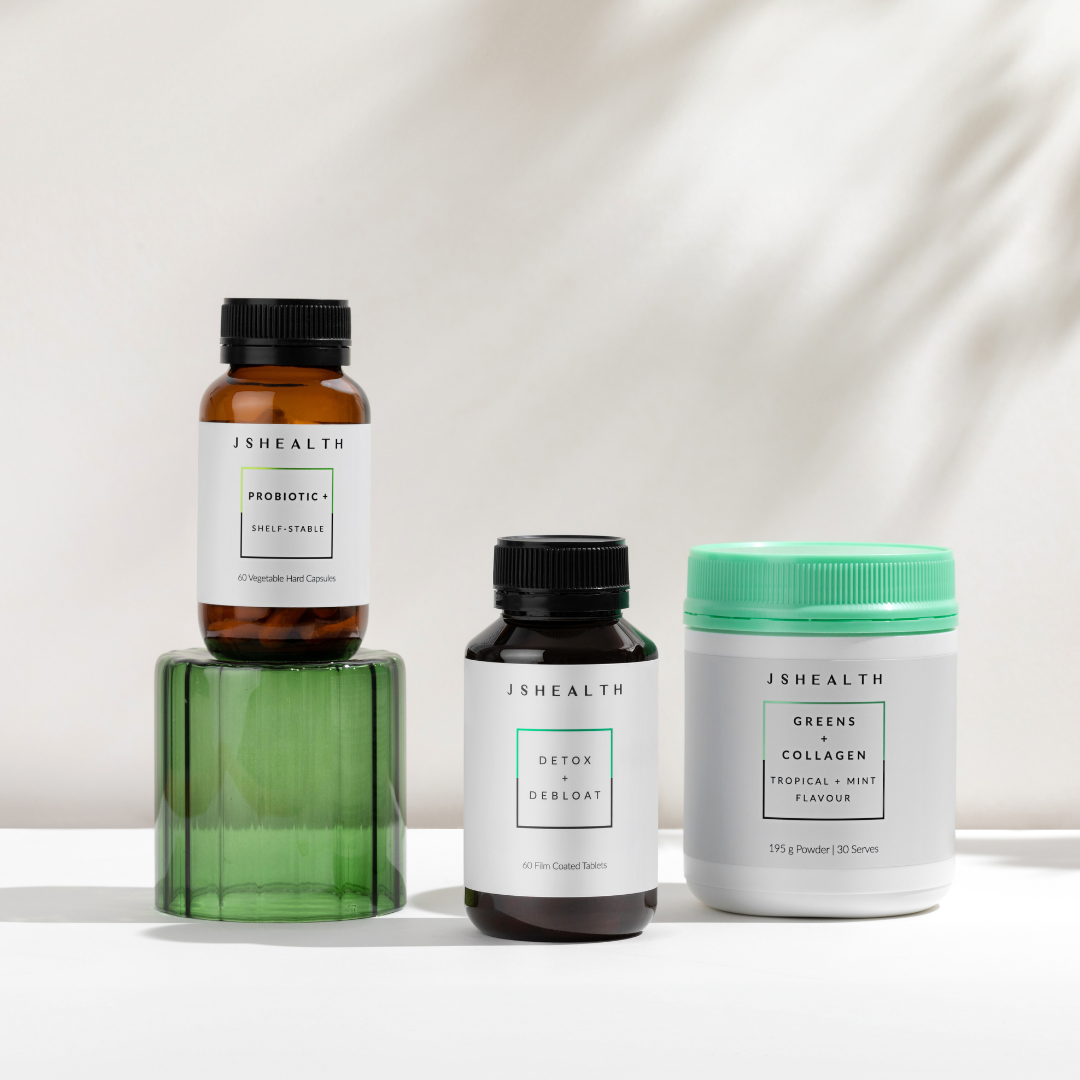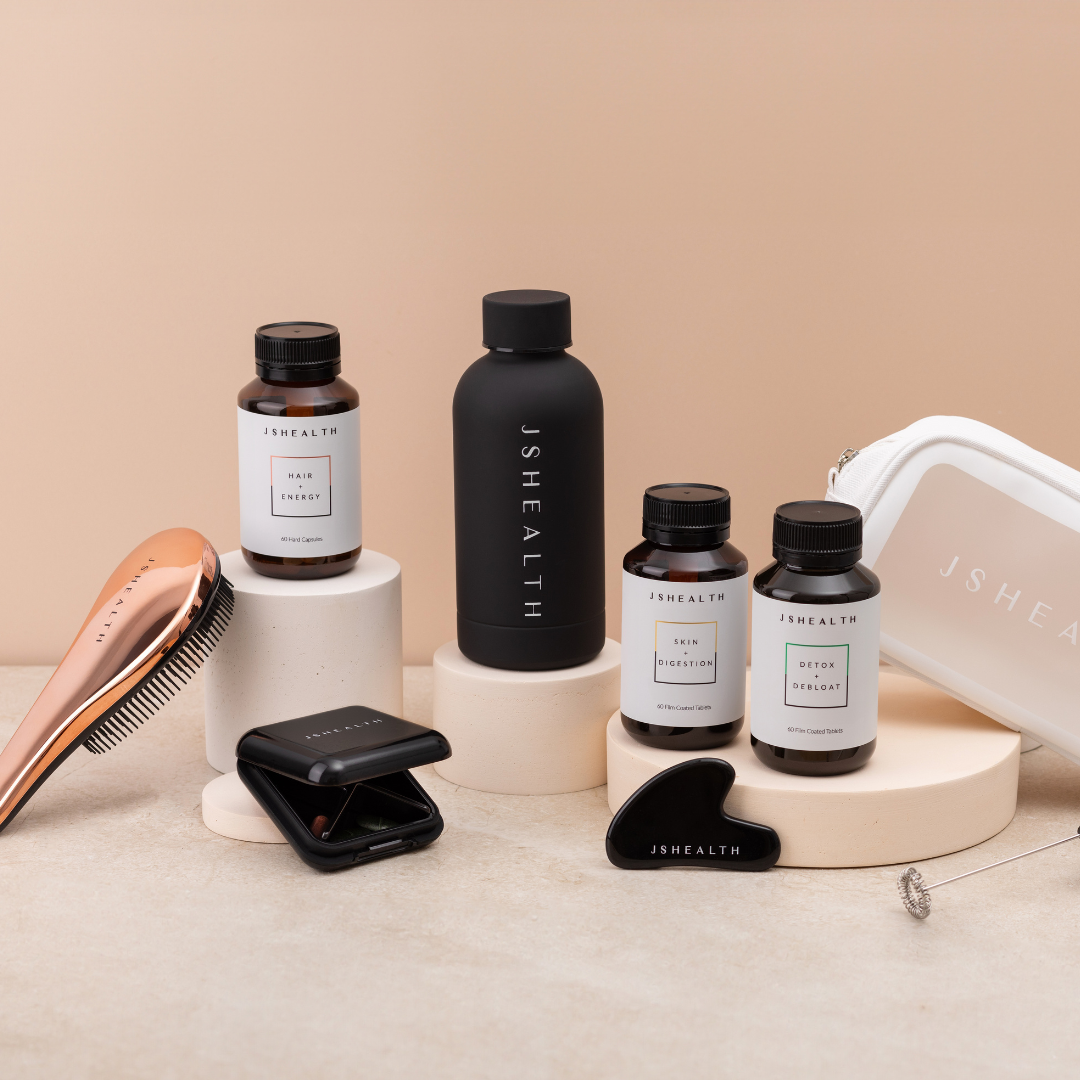Huge savings sitewide + claim FREE gift!
Revitalising Scalp Treatments for Stunning Hair Growth
Healthy hair is a desire many of us hold dear. While hair health depends on numerous factors, the role of the scalp can often be overlooked.
Just like a flourishing garden, the scalp provides a fertile foundation for your hair to thrive. It's little wonder that the spotlight on scalp health is intensifying as more and more people recognise the benefits of nurturing this crucial part of our bodies.
Let's get right down to the root of how you can care for your scalp and promote your hair’s full growth potential.
What Can Affect Hair Loss and Hair Growth?
Before we delve into scalp treatments, it's helpful to understand the science behind hair growth and why hair loss may occur.
At the root of each hair strand lies a hair follicle. These microscopic structures are responsible for hair growth, producing new cells that push the hair strand up and out of the scalp.
Changes in hair density or thinning hair can occur when the life cycle of these follicles is disrupted. Some folks may experience a shortening of the growth phase, leading to hair falling out more quickly than usual. For others, new hair may grow back thinner or weaker. It's a natural process that many of us go through, and it doesn't necessarily mean something is amiss.
There are numerous reasons why you might notice changes in your hair, including:
- Environmental factors
- Age
- Genetics
- Hormonal fluctuations
It's important to remember that everyone's hair growth journey is unique, and what works for one person might not work for another. It's always beneficial to consult with a dermatologist or a trichologist (a specialist in hair and scalp health) if you're concerned about your hair's health.
What Role Does Scalp Health Play in Hair Care?
So, how does the health of our scalp tie into all this? Well, our scalp, like the skin on the rest of our body, needs care and attention. A properly hydrated scalp free from excess buildup is pivotal in promoting hair regrowth, providing the ideal environment for healthy hair follicles to flourish.
Imagine trying to plant flowers in soil that's too dry or littered with debris. It's much harder for the flowers to grow, right? The same applies to our hair.
Issues such as dry scalp, dandruff, and buildup from hair styling products can create a challenging environment for hair growth.
Our hair's health can be significantly impacted by how we care for our scalp. As part of a comprehensive hair care routine, nurturing your scalp is as crucial as caring for the strands themselves.
Ingredients That May Support Scalp Health
As we journey through the world of scalp care, it's essential to understand the power of nourishing ingredients that can support your hair's health.
Often found in scalp treatments, these ingredients have been studied for their potential to maintain a healthy scalp environment and support hair growth.
Biotin
Biotin is a water-soluble vitamin that is part of the vitamin B family. It's involved in the production of keratin, the primary protein that makes up hair. An adequate intake of biotin can help maintain hair health.
Collagen
Collagen, the most abundant protein in the body, also plays a significant role in hair health. It provides amino acids that can be used to produce new hair. Collagen supplementation is a wonderful way to help maintain hair strength and prevent breakage.
Essential Oils
Essential oils like Peppermint and Tea Tree have been revered for their potential scalp benefits. With its cooling effect, peppermint can soothe an itchy scalp, while tea tree oil may help maintain a clean and healthy scalp environment.
However, it's important to note that essential oils can cause side effects such as irritation, so they should always be used cautiously. Always dilute essential oils before using them as a topical solution, and do a patch test to ensure no allergic reaction occurs.
Organic Ingredients
The use of organic ingredients in hair care has gained momentum due to their nature-derived benefits. Castor oil, for example, is rich in fatty acids that can help hydrate and moisturise the scalp and maintain hair health.
Salicylic Acid
Salicylic acid is a popular ingredient in skincare, and its benefits extend to scalp care too. It can aid in removing excess buildup from hair styling products, helping to combat dryness and provide a clean slate for your hair to grow.
Antioxidants
Antioxidants can play a crucial role in protecting your scalp from environmental stressors, contributing to overall hair health. They help in balancing the scalp environment, supporting optimal hair growth.
A diet rich in various fruits, vegetables, nuts, and seeds is beneficial for hair health due to the abundant presence of antioxidants in these foods.
Amino Acids
Amino acids are the building blocks of proteins, including keratin, which makes up the hair shaft. Maintaining an adequate supply of these essential nutrients can help support the maintenance of hair health.
Ascophyllum Nodosum
Also known as brown seaweed or kelp, Ascophyllum nodosum is a type of seaweed bursting with a variety of nutrients that can support hair health. Notably, it contains a high amount of iodine, which is known to maintain hair growth and health.
Iodine
Iodine is a mineral that our bodies need but cannot produce. It plays a vital role in maintaining thyroid health, which in turn supports hair health. An inadequate supply of Iodine may affect the health of your hair.
Zinc
Zinc is an essential mineral that plays a significant role in hair tissue growth and repair. It also helps keep the oil glands around the follicles working correctly, thereby supporting a healthy scalp.
What Are the Best Practices for a Healthy Scalp and Hair Growth?
Now that we've explored the ingredients that can support scalp health, let's delve into best practices you can incorporate into your hair care routine to maintain a healthy scalp and support healthy hair growth.
Nourishment Through Food and Supplements
Like our bodies, our hair needs proper nourishment to maintain health. A balanced diet rich in whole foods can provide essential nutrients that support new hair growth.
Adding hair-friendly supplements, such as those rich in zinc or antioxidants, can further help maintain the wellness of your hair and scalp.
Scalp Massage
Massages aren't just for the body. A good scalp massage can aid in supporting blood flow to the scalp, providing a soothing experience. Whether it's with your fingertips or a specially designed scalp brush, regular scalp massages can be a beneficial practice in your hair care routine.
Address Hair Breakage
Hair breakage can lead to thinning hair and affect hair density. To prevent this, gentle handling is key. Avoid harsh brushing, and try to minimise the use of heat-styling tools.
Also, protect your hair from environmental damage by wearing a hat or using hair products with UV protection when you're out in the sun.
Use the Right Hair Care Products
Choosing the right hair care products for your specific hair type and concerns can make a world of difference when it comes to a healthy scalp and hair.
From shampoo and conditioner to scalp or hair oil, look for products with ingredients known to support scalp health and avoid those with harsh chemicals that can strip your hair of its natural oils.
Professional Consultation
When dealing with persistent scalp or hair concerns, it's always beneficial to seek advice from a healthcare professional. Dermatologists and trichologists specialise in hair and scalp health and can provide tailored guidance based on your unique needs.
Maintaining a healthy scalp and promoting hair growth is a journey, not a destination. Be patient with your hair, and remember to enjoy the process. The path to stunning hair growth is as much about the care and love you put into it as the final results.
How To Incorporate Scalp Treatments Into Your Routine
By now, you're armed with a wealth of knowledge about how a healthy scalp can pave the way for beautiful hair growth. But how do you take these principles and apply them practically?
Here are some ways you can incorporate scalp treatments into your routine:
Scalp Serums and Oils
Scalp serums and scalp oils infused with hair-supporting ingredients can benefit your routine. These products help to hydrate the scalp and maintain its health.
Consistency Is Key
Remember, the path to maintaining hair and scalp health is a journey, not a one-off effort. Consistency is key. Keep up with your routine, and your efforts will pay off in time.
Personalised Approach
Understanding that everyone's hair is unique is the first step towards achieving your best hair. Various factors such as genetics, diet, and environmental stressors can lead to different types of hair loss. Your approach to hair care should be as unique as your hair.
Tailor your routine to address your hair and scalp's specific needs. If you need to, consult with a healthcare professional for advice to determine the best scalp treatments suitable for you. Remember, a healthy scalp is a foundation for beautiful, thriving hair.
The Bottom Line
Taking care of your hair is more than just choosing the right shampoo or conditioner; it involves understanding the crucial role of the scalp and giving it the care it deserves.
With knowledge about the key ingredients beneficial for hair growth and best practices to maintain a healthy scalp, you're well on your way to unlocking your hair's potential.
Remember, everyone's hair journey is unique, and patience is key. Stay consistent with your hair care routine, nourish your body with the right nutrients, and you're sure to support your hair's health and growth in the best possible way.
At the end of the day, it's about embracing and loving your hair at every stage of its growth journey. After all, our hair is an extension of us, and its health and vibrancy are worth celebrating.
Sources:
Hair loss - Symptoms and causes | Mayo Clinic
Scalp Condition Impacts Hair Growth and Retention via Oxidative Stress | PMC
